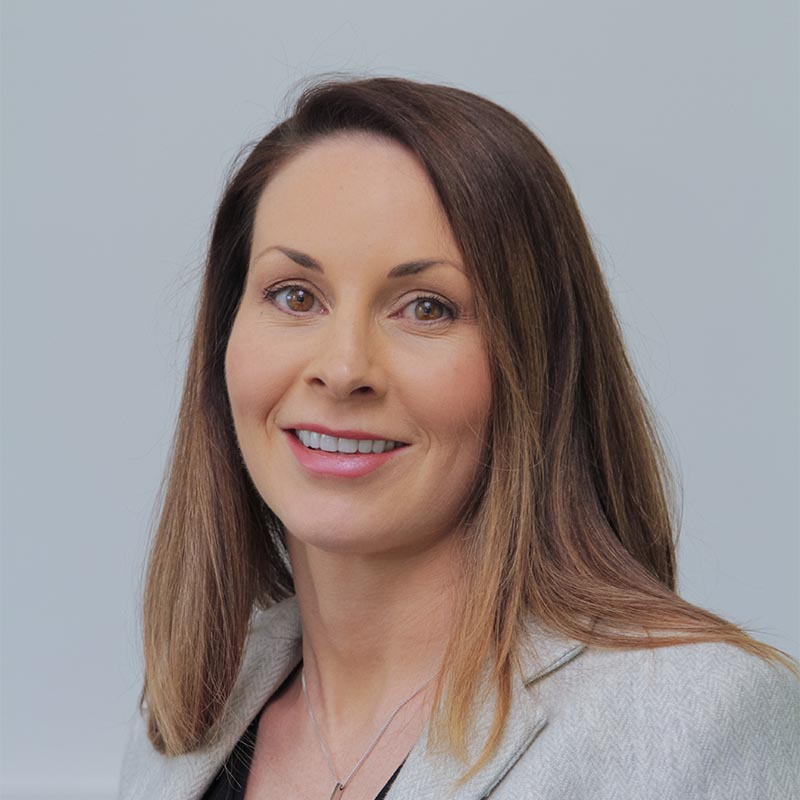Gaining insight into the mind of the project team

Have you ever been in a situation where others just don't understand the situation you are in? You wonder how you are going to get others to agree with the actions that need to be taken? Frustration and tension build as the project team is unable to find agreement and a way forward. You become hemmed in.
With work pressures building and an enthusiasm to get things done, the team forge ahead. We have all been there, but in doing so we lose the space to notice what is actually going on; unable to see invisible driving forces steering individual and group behaviour. We find ourselves unable to communicate effectively in order to agree a way forward. Despite our best intentions, we can all fall prey to this.
Project teams are diverse.
Project professionals have different roles and responsibilities; a range of technical skills and different levels of experiences, values and goals. We each make sense of seemingly similar project situations, problems and decisions in different ways, as we unconsciously process hundreds of cues and construct unique mental models to simplify, explain and predict the situations we face. Mental models are often habitual in nature; unquestioned – influencing what we notice, what we don't, what we give priority to, the meaning that is placed on events and how we behave.
When project professionals interact, their mental models converge. If the mental models of individuals are similar, a common understanding is reached, teams are cohesive and confident in their approach. But too much overlap, and the team becomes blinkered and attitudes become entrenched. Whilst diversity in mental models overcomes such problems it is also a source of conflict, a barrier to effective communication and to collaborative practices.
Project teams are complex systems.
As project professionals we need to navigate effectively through team dynamics, in order to do so we need a deeper level of understanding of the unconscious and interrelated factors that shape the behaviours of the team. Project teams need to develop a space to pause, reflect, listen and look for connections in their differences. INFORMED is a new approach designed to do just this.
The INFORMED methodology has been developed by condensing five years of research and thinking that investigated the social dynamics of organisational boards when making strategic change decisions. The research demonstrated the importance of helping individuals and groups reach deeper levels understanding into the dynamic nature of the situations they face.
INFORMED is versatile approach that draws upon several long standing and well proved theories and techniques that are combined to explore, map and measure the emerging mental models of project professionals coming together as a team; as a system. Reflective practices are used to actively search for distinctions and outliers rather than narrowing focus on common ground in order to reach consensus through a focus on similarities.
The underlying essence of INFORMED is that a creative, reflective and conversational space is needed that focuses attention on distinctions, unlocking a deeper shared understanding of a situation, self and others. With this insight there is an opportunity to connect individual differences towards a joint goal through the synthesis of ideas freeing up space for acceptance, actions and transformation.
The key to leveraging behaviour lies not in agreement and consensus but in the exploration of differences.
INFORMED uses individual interviews and a group focus session to capture both individual and collective perspectives of the situation. Each take a different form to traditional question and answer approaches and uses a method of distinction mapping and laddering. Maps are used to steer the group through multiple perspectives and tensions between goals, beliefs and values.
INFORMED is a useful approach, applicable to most situations ranging from:
- surfacing multiple perspectives;
- diagnosing shared understanding, decision and problem framing; and
- identifying prioritisation criteria.
Final thoughts
Whether you like it or not, your unconscious mind and social dynamics are driving the situations you are in. You can either become a servant to such forces or make them work for you. Taking part in this research, which is funded by the Association for Project Management (APM), provides a great opportunity to explore and transform current team behaviours and actions within organisations and projects. The research seeks to understand how social dynamics influence project decisions and if you would like to learn more or take part in a research study that applies the INFORMED approach to a real time project decision of your choosing, please contact Natalie Marguet.
Liverpool John Moores University Research Ethics Committee reference no: 19/LBS/005
Image: Inspiring/Shutterstock.com


0 comments
Log in to post a comment, or create an account if you don't have one already.